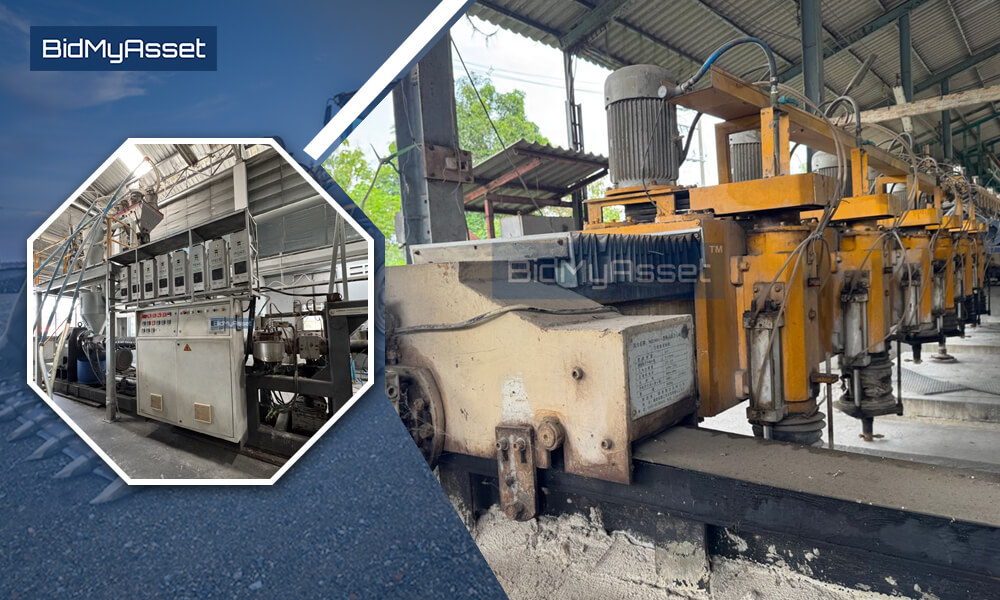Asset valuation is a fundamental practice applied in personal and business financial planning. It aims to identify the fair market value of assets, which may be real property, equipment, intangible property, motor vehicles, or other tangible and intangible property. Asset appraisal is used to place a realistic worth on an asset and is therefore crucial when making transactions that involve the acquisition, sale, insurance, or inheritance of property. Normally, appraisals are carried out by expert professionals who have complete familiarity with market trends and valuation techniques.
Types of Assets Covered under Appraisal
Assets valued can be broadly classified into tangible and intangible assets. They are usually simpler to value because their condition, use, and location are major contributors to their value determination. Intangible assets, including trademarks, patents, copyrights, and goodwill, necessitate sophisticated valuation methods because of their intangible nature.
Asset Valuation and Taxation
Tax legislation often involves a consideration of the valuation of assets primarily to determine tax rates. Inheritance tax, capital gains tax, and property tax are types of taxes that utilize asset valuation. Valuation prevents the wrongful valuation of both under-valuing or over-valuing of an asset which could result in judicial complexities or a financial loss. Governments have asset valuation policies to generally gauge wealth and to implement equitable tax policy.
Data Security and Risk Mitigation
For businesses handling sensitive or confidential data, asset disposal management is in tandem with data protection. Such equipment as computers, mobile phones, and data storage devices can have confidential information despite being taken out of service. Care must be taken to ensure that such information is completely erased or destroyed in a certified process to avoid data leaks.
Planning for Disposal During the Procurement Process
Proactive asset disposal management starts even before an asset is purchased. Organizations that incorporate end-of-life planning as part of their purchasing processes are in a much better position to have a more efficient and less costly asset disposal system. This means considering assets that are easier to recycle, have buy-back provisions, or are procured from organizations with responsible disposal programs.
Effective asset disposal management is a whole lot more than the last stage in the asset life cycle – it is an opportunity for organizations to demonstrate value for money, data protection, environmental responsibility, and operational efficiency.


